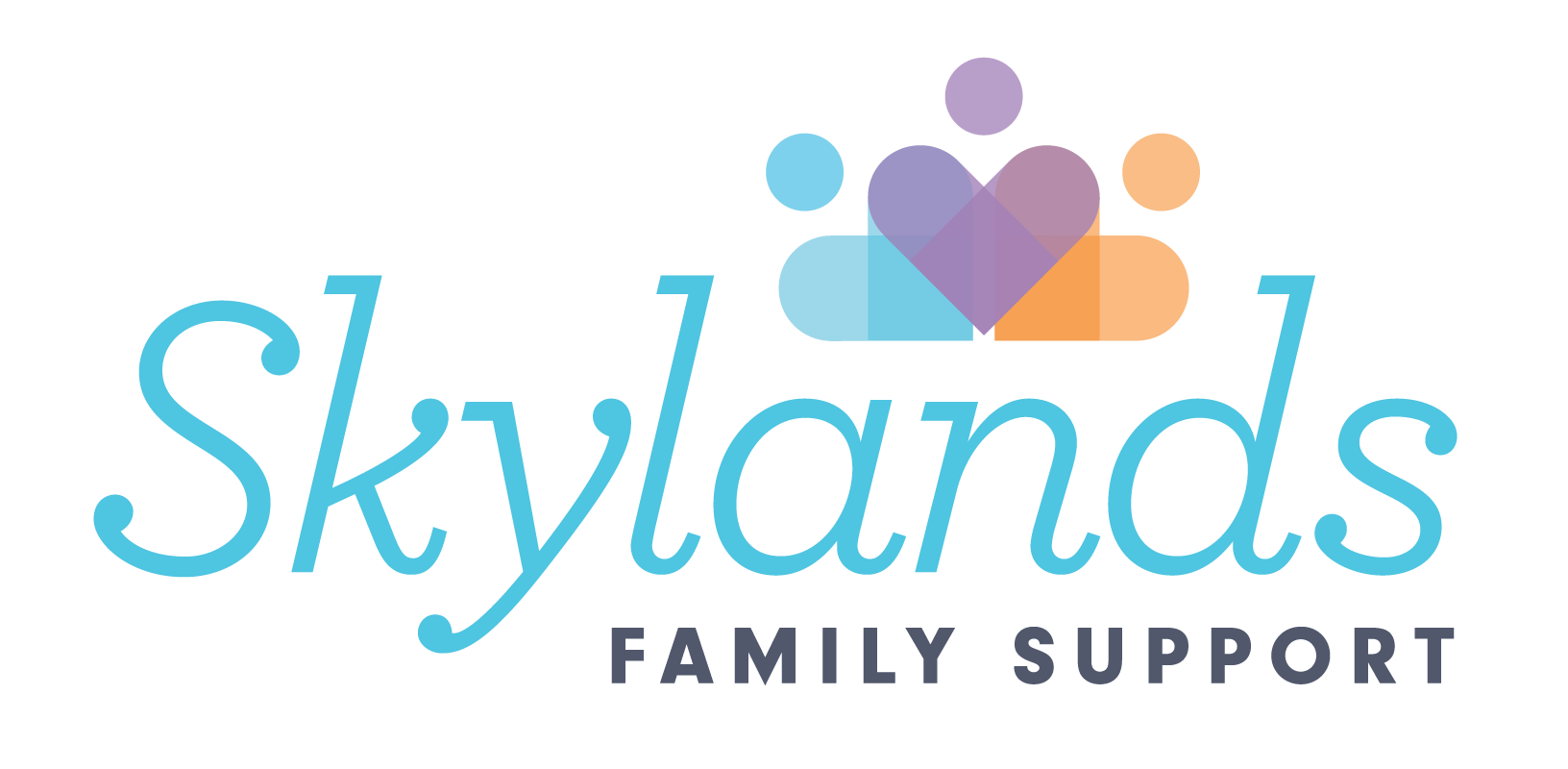A Wonderful Life: 4 Ways Support Coordination Makes a Difference
Everyone deserves a life filled with joy, purpose and dignity – regardless of age, income or ability. In this blog, we explore the importance of support coordination and how it contributes to a life of fulfillment.
Support coordination is about more than connecting individuals to services; it’s about fostering long-lasting relationships. Support coordinators essentially serve as “relationship managers” as they guide individuals and families to the right support for their emotional and intellectual needs.
The best support coordination agencies remove the stress of navigating through New Jersey Division of Developmental Disabilities (NJ DDD) requirements for finding the right resources for their loved one.
Here’s how support coordination makes a difference in the lives of individuals and their families.
4 Ways NJ DDD Support Coordination Makes a Difference
#1 – By navigating state regulations
In New Jersey, the NJ Comprehensive Assessment Tool (NJCAT), a mandatory placement assessment, measures a person’s support needs to determine their budget tier for services. This tiered system ranges from Tier A (little support) to Tier E (very intense levels of support). A higher tier indicates a more significant budget to accommodate an increased complexity of support needs.
Support coordination agencies work with families to regularly review their loved one’s NJCAT assessment and to request another to address discrepancies or significant changes in behavior or medical conditions. This process ensures that individuals receive the appropriate level of support as they grow.
#2 – By engaging in “person-first” support coordination
The Individualized Service Plan (ISP) and the Person-Centered Planning Tool (PCPT) are two documents required in New Jersey that provide a glimpse into who a person is – their needs, their goals, and their aspirations. While these documents include medical needs and demographics, they also capture other significant information about the individual like passions and interests. Completing these documents is a collaborative process that allows support coordination agencies to begin cultivating a meaningful relationship with the individuals they serve, leading to more tailored service connections.
The ISP is reviewed annually but can (and should) evolve to accommodate changes in circumstances, health, or requirements. This flexibility is the foundation of person-first support coordination. Support coordination agencies guide individuals and families through these possibilities, ensuring they have access to the resources and services that empower them to thrive.
#3 – By delivering opportunities to live their best life
One of the most important aspects of support coordination is helping individuals discover and engage in activities that bring them joy, fulfillment and a sense of purpose. Support coordination agencies work to understand the unique interests, talents and goals of each individual they serve, and then to connect them with opportunities that align with those interests. Here’s how these agencies create excitement in life for individuals:
Understanding the person
Support coordinators take time to get to know the individuals they serve. This involves in-depth discussions with the individual and their family to uncover what they enjoy doing, their aspirations, and what brings them happiness. By understanding a person’s preferences, the coordinator can suggest activities and services that reflect their passions and interests.
Building a personalized plan
Based on the individual’s interests and needs, the support coordinator develops a personalized plan that encompasses a wide range of activities. This can include recreational activities like art classes, yoga, sports or music lessons. It can also involve finding employment opportunities, volunteer work and other meaningful ways to spend time.
Connecting with community resources
Support coordination agencies work closely with local community resources to find suitable activities and programs. They work with the designated NJ DDD budget to find both DDD-associated resources and other resources within the community. NJ DDD will often approve payment for classes and services offered in the community, which means that individuals and their families have a wide range of fulfilling activities to choose from.
No matter what, dedicated support coordinators will find activities that align with an individual’s needs and preferences and work hard to make sure those activities are accommodated within the state budget.
#4 – By prioritizing relationships
Selecting the right support coordination agency is essential for a lifelong relationship. The best support coordination agencies possess deep knowledge of available services in the community. But perhaps more importantly, they develop true, authentic relationships with individuals and their families.
When choosing an agency, one crucial question to ask is about employee turnover and retention rates. High employee retention indicates long-term stability and consistency in support. When coordinators stay with an agency long-term, they develop a deeper understanding of their clients’ needs, preferences and goals. This familiarity allows for more personalized and effective support, as support coordinators can anticipate challenges, track progress and adapt strategies accordingly.
Conclusion
The path to a wonderful life is unique for every individual. Support coordinators are there to guide them through this journey, helping them overcome obstacles, adapt to changing needs and find joy in everyday moments. By fostering strong relationships and providing expert guidance, support coordination agencies enable individuals to live with purpose and excitement.
Skylands plays an essential role in empowering individuals with disabilities and their families to lead fulfilling and exciting lives. By creating personalized plans, connecting with community resources, and providing ongoing support and advocacy, the dedicated support coordinators at Skylands make a significant impact. They work tirelessly to ensure that each person has the opportunity to explore new experiences, engage in activities they love in their communities, and build meaningful relationships.
Alex Humanick and Danielle Weiss, managing members at Skylands Family Support, had an in-depth interview with Beyond a Label, a disability advocacy platform. You can find out more about Skylands and their dedicated team of support coordinators by watching the interview here.




